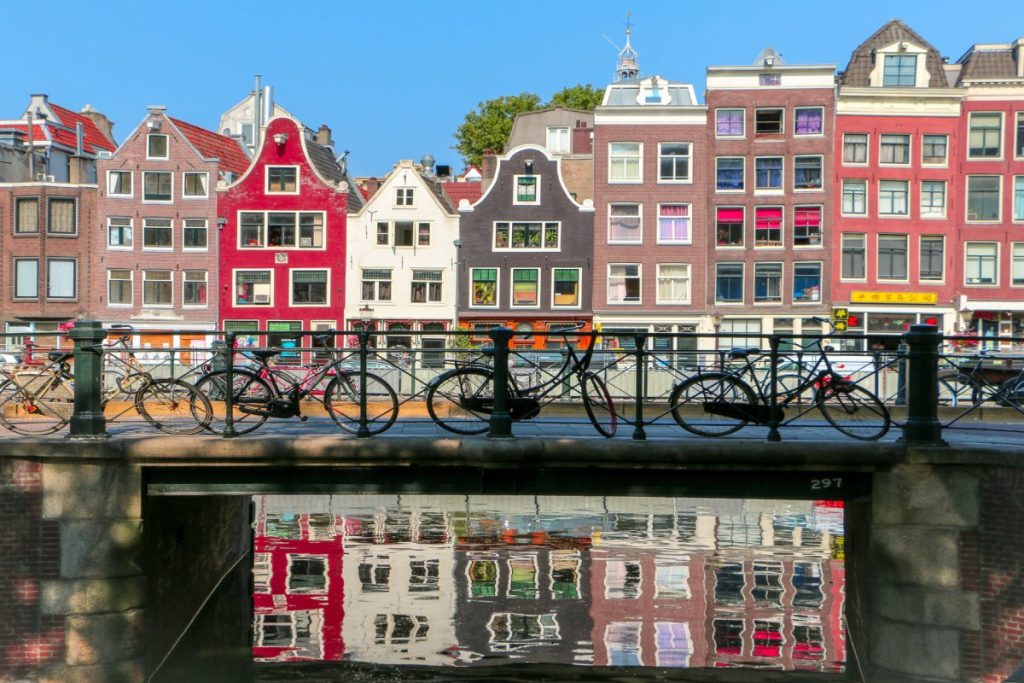In a recent podcast from Skift, several key updates in the travel industry were discussed. Amsterdam has put a ban on new hotel developments as part of its efforts to combat mass tourism. The city will no longer issue permits for new hotels, with the exception being if another hotel closes and the number of beds does not increase. The aim of this restriction is to limit annual overnight stays in Amsterdam to 20 million, with the city already having raised its tourist tax earlier this year as another measure to discourage mass tourism.
Hyatt is focusing on attracting more Indian leisure travelers, with plans to open 50 more hotels across 28 markets in India. The company currently operates 50 hotels in 17 Indian markets and Hyatt CEO Mark Hoplamazian has noted an increase in interest in investments in India’s hospitality industry. With the leisure travel market in India being mainly driven by domestic travelers, Hyatt is looking to capitalize on this by expanding its presence in the country.
Apple has introduced wireless streaming technology in hotel rooms for the first time through a partnership with IHG Hotels & Resorts. Apple’s Airplay technology is now available in rooms at over 60 IHG properties in North America, allowing guests to stream content from their iPhone or iPad to the LG television in their hotel rooms. This move is aimed at creating a “home-away-from-home” experience for guests, catering to the increasing demand for seamless technology integration in the hospitality industry.
Overall, these updates reflect the ongoing innovations and strategies being implemented in the travel industry to adapt to changing consumer preferences and tackle challenges such as mass tourism. The focus on sustainability and local experiences in destinations like Amsterdam, efforts to tap into new markets like India for leisure travel, and the integration of cutting-edge technology in hotel rooms all point to a dynamic and evolving sector. As travelers’ expectations continue to evolve, companies in the travel industry are seeking new ways to enhance the guest experience and stay ahead in a competitive market.
The ban on hotel developments in Amsterdam and the city’s efforts to limit mass tourism highlight the growing challenges faced by popular destinations dealing with overcrowding and environmental impacts. By imposing restrictions on new hotel permits and increasing tourist taxes, Amsterdam is taking steps to manage the influx of visitors and preserve the city’s cultural heritage. This approach, along with similar initiatives in other cities facing similar issues, underscores the need for sustainable tourism practices and responsible destination management to balance economic growth with environmental and social considerations.
As the travel industry continues to evolve and adapt to changing consumer trends, companies like Hyatt and Apple are leveraging new opportunities to expand their market presence and enhance the guest experience. The focus on attracting Indian leisure travelers, investing in India’s hospitality industry, and introducing innovative technology solutions in hotel rooms reflect a strategic approach to catering to diverse consumer preferences and staying competitive in a dynamic market landscape. By staying informed and proactive in responding to industry trends, companies in the travel sector can position themselves for success and growth in a rapidly changing environment.


